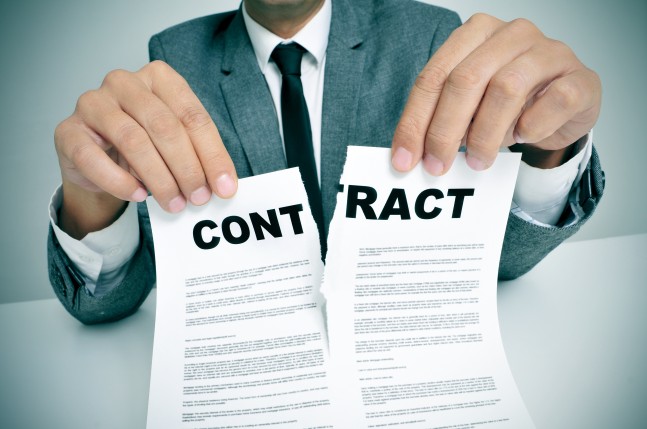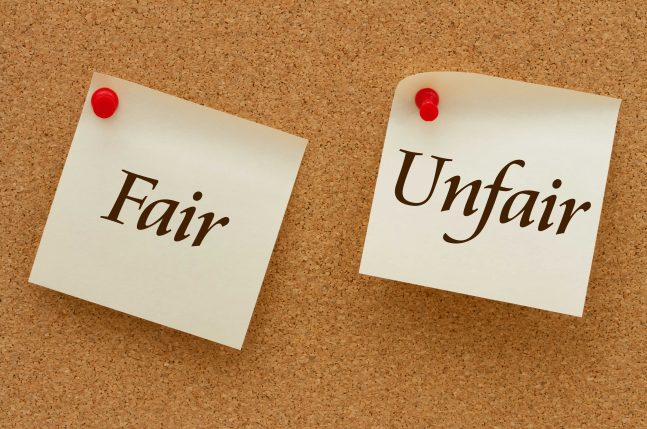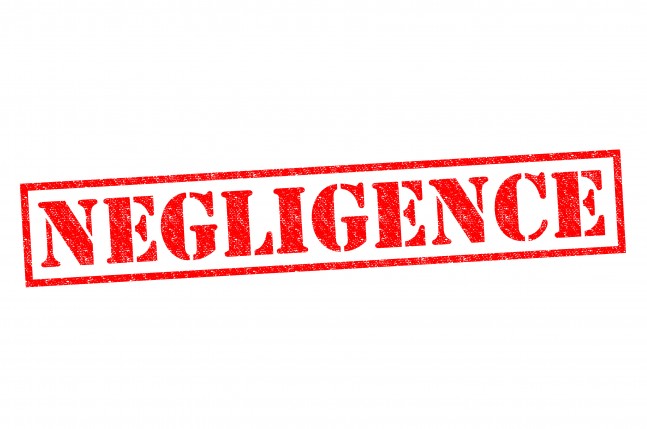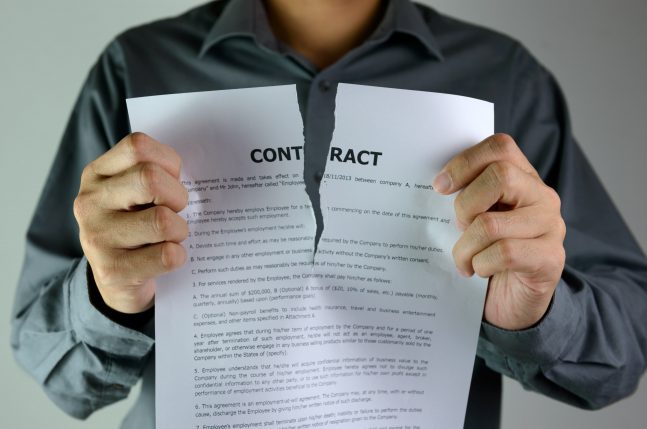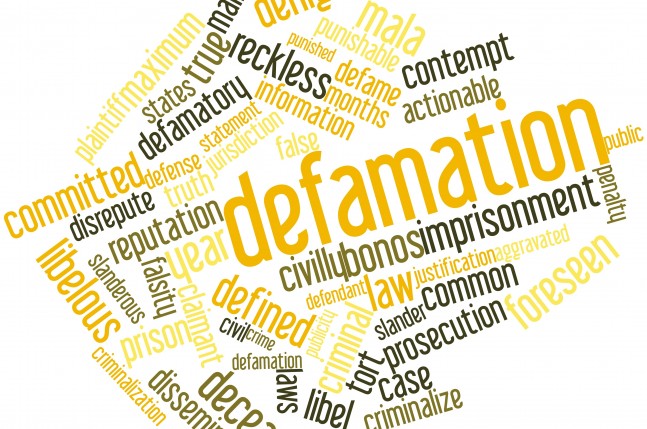Legal Articles
A New Forum, A New Approach: The SA Civil And Administrative Tribunal
March 19th, 2015 by | Court Disputes
In 2013, the SA Parliament passed the South Australian Civil and Administrative Tribunal Act. It will determine administrative matters but will also have a civil jurisdiction that is still in the process of crystallisation. Therefore, depending on what types of civil cases it can hear, there is a possibility of quicker, cheaper and less technical… Read more »
Unfair Dismissal: “Harsh, Unjust, Unreasonable” – Various Considerations
March 19th, 2015 by | Employment
The following sets out some considerations for both employers and employees when considering what constitutes a “harsh, unjust or unreasonable” dismissal. Consideration of unfair dismissal applications is determined according to the principle of “a fair go all round” – Fair Work Act 2009 (“FWA”), s. 381 (2) Section 387 FWA states: “In considering whether it… Read more »
ICAC: You Might Be A Public Officer Without Knowing It
February 25th, 2015 by | Court Disputes
The Independent Commissioner Against Corruption Act 2012 established the Office of Commissioner Against Corruption, an office held by the Honourable Bruce Lander QC, formerly a Supreme and Federal Court Justice. Recently, the Commissioner made a significant point. He is required to prepare directions and guidelines (and has done so) governing reporting of matters that concern… Read more »
Building Dispute Developments in South Australia
January 21st, 2015 by | Court Disputes, Property & Leases
There have been several recent developments in building law relevant to anyone involved in a building dispute in South Australia. Security for payments In recent years, SA has adopted a security for payments system that fast tracks payments and limits disputes (in commercial building matters). This means that a builder in an appropriate case can… Read more »
Legal Costs Penalties for Successful Litigants
November 22nd, 2014 by | Court Disputes
The standard rule in the law is that ‘costs follow the event’. In other words, the loser in a Court case should pay the winner’s costs, in exceptional cases in full, usually some partial contribution. However, there are exceptions to the general rule. One of these exceptions is brought into focus when conduct (misconduct) of… Read more »
The “Batting Order” at Trial – Dux Litus
October 31st, 2014 by | Court Disputes
The question of ‘who starts’ a case is usually uncontroversial. The Plaintiff gives an opening address, the Plaintiff and Plaintiff’s witnesses give evidence and are cross examined; then Defendant outlines the defence and calls defence witnesses. Sometimes however, issues arise as to whether the Defendant should ‘go first’. The courts refer to the party that… Read more »
Access to Company Records
October 31st, 2014 by | Commercial Transactions, Court Disputes
A company is a legal entity and is therefore considered for most intents and purposes as a separate ‘person’. As such, it retains rights of privacy over its financial records. However, certain persons have legal rights to such records: TYPES OF DISCLOSURE Large companies have to provide an annual report to members (shareholders). Public listed… Read more »
Indemnity Legal Costs in SA Litigation
October 21st, 2014 by | Court Disputes
After deciding various arguments during a Court action and after giving judgment at the end of a Court case, the Court will also hand down rulings as to who pays the legal costs. The Court will strive to award costs on the basis of what is fair but there are a number of complexities involved…. Read more »
Illegal Contracts are Void
September 22nd, 2014 by | Commercial Transactions, Court Disputes
A Contract may be invalid for a number of technical or practical reasons but what of a contract that is completely valid according to normal contractual requirements but it is nevertheless void? This can happen with the contractual doctrine against illegality. Illegality often comes from a conflict between the terms of the contract and legislation…. Read more »
Cooling Off Period In South Australia
September 1st, 2014 by | Business Sale & Purchase, Commercial Transactions, Conveyancing, Property & Leases
A ‘cooling off period’ is a short period of time in which the purchaser can back out of a contract. Cooling off rights and periods can be found in a number of contracts – from the purchase of a house or car, to domestic building contracts. However, cooling off periods differ from state to state,… Read more »
Unfair Employment Contracts
August 22nd, 2014 by | Employment
From time to time, certain States have had laws as to a review of unfair contracts, particularly in an employment setting. These were rarely availed, in part because the difficulty of determining a fairness test, but the national reach of the Fair Work Act 2009 (“the Act”) tackles the issue in another way. We do not take… Read more »
Defending a Negligence Claim in Court
August 1st, 2014 by | Court Disputes
Whether you are in some relationship that attracts a legal duty of care, the question of negligence may arise when something goes wrong. Because of legislative changes on negligence claims, it is now more likely that a Plaintiff making a claim for damages will cast the net widely in an attempt to rope in anyone… Read more »
Defending a Breach of Contract Claim in Court
August 1st, 2014 by | Court Disputes
Some hundreds of years ago, the common law created the simple and radical concept of an action for breach of contract. If a legally binding contract has been created, and a party either fails to discharge his or her obligations under the contract or repudiates the contract, the other party may take action in respect… Read more »
Joint Tenancy and Tenants-in-Common Confusion
July 31st, 2014 by | Conveyancing, Property & Leases, Wills & Estate Planning
Like all legal fictions, the most common forms of land ownership seem deceptively simple but in fact they can be quite complicated. Anna Pantelios provides a useful outline of the differences between joint tenancy and tenants-in-common from a conveyancing perspective in her article “Joint Tenants or Tenants-in-Common?” but confusion continues. The legal consequences of getting… Read more »
Defamation Damages
May 13th, 2014 by | Defamation
Compensation for Defamation If a person has been the victim of slander or libel, a claim for defamation damages can be brought. Whilst the Courts will not order a defendant to apologise, defamation lawyers will advise that is it good policy to apologise as soon as possible. The Courts will also take a defamation apology… Read more »










